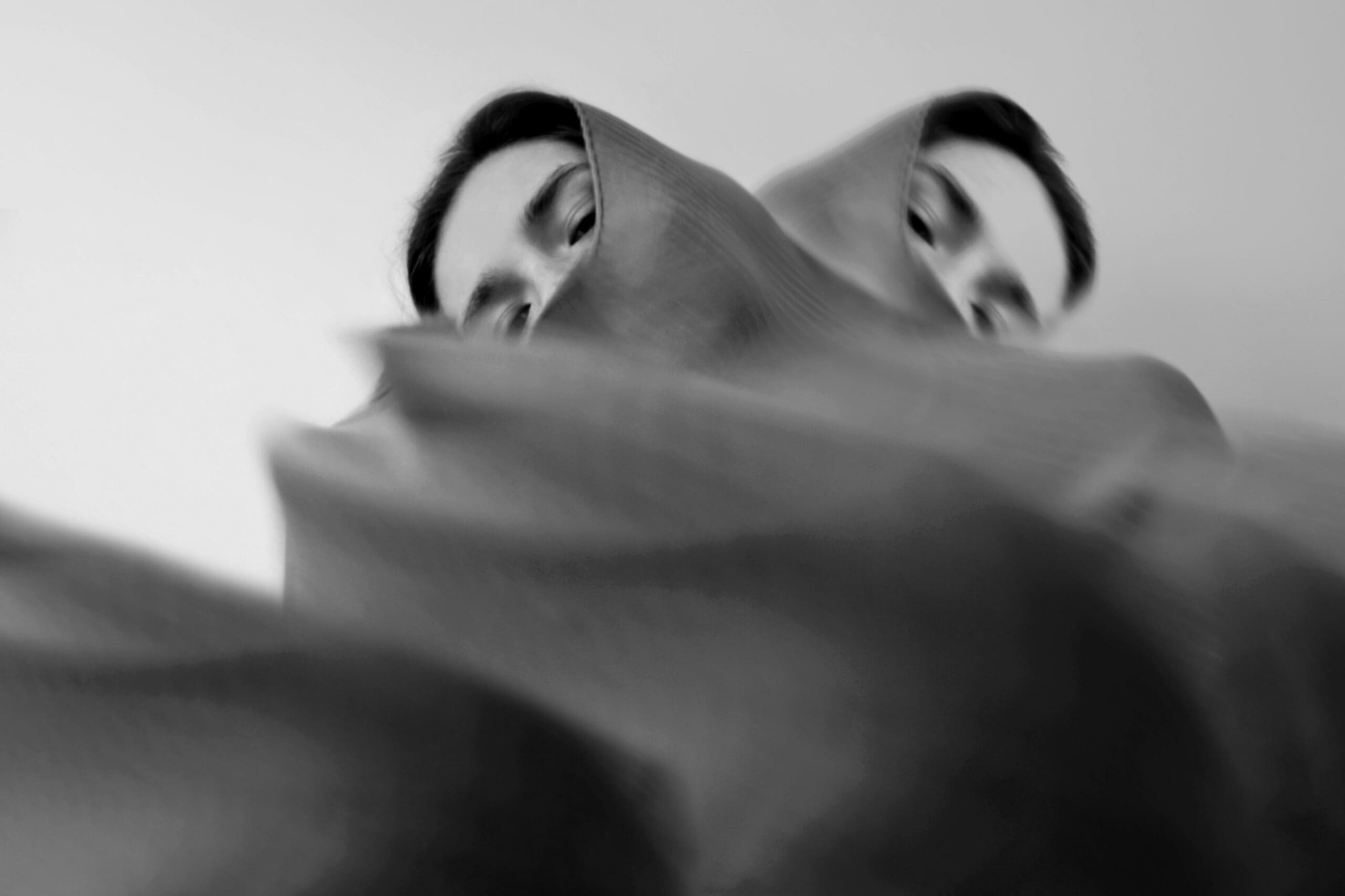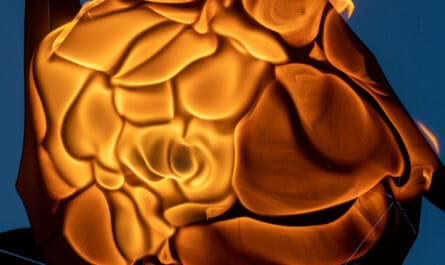If only Joyce hadn’t taken that damn selfie. Her and Tate, laughing at a truck stop in Mexico, drinking beer with lime, his cotton t-shirt sticky with sweat, her tank top strap slipping off one shoulder. She sat in his lap, holding her out her phone while his arms circled her waist. She smiled big, capturing the moment that, weeks later, would ruin her.
Back in September, she met Tate in Psych 101 class. He sat a couple of seats down in the huge lecture hall, taking notes on his chromebook, narrowing his brow as he focused. “Where are you from?” she asked, after the lecture was over and they were packing up.
He told her about the small South Carolina town where the historic district is bigger than the shopping district, where they had to drive 40 minutes to get to Walmart. In a soft drawl, he asked if she wanted to get a Coke (for Tate, all sodas were Coke) and when they got to the student union, he held the door open for her.
He was the sort of guy her mother wanted her to date. Red Bulls were the extent of his substance abuse. And once, when he was driving her to a house party, he pulled over, got out of his car, and chased an orange cat from the street. “She can’t end up as roadkill,” he said as he climbed back in.
“You’re such a good guy.” Joyce batted her eyes, as her bare legs stuck to the fake leather interior of his car.
He leaned over, toward her. His kiss was so soft and sweet, her heart sang and ached simultaneously.
But then came the not-so-great moments, like when Tate beat the crap out of some woke guy who said every white dude from South Carolina was a racist asshole. Or when Tate drank so much that he passed out, and then he repeated that pattern, night after night. He’d puke into the bucket she left by his bed and Joyce would always clean it up.
“I think you’re getting too serious about me,” he said. “You know we’re just having fun, right? I don’t want to be anyone’s boyfriend.”
Joyce didn’t get it. She had strawberry blond hair, bouncy breasts, and a creamy complexion. In high school, she was on the cheer team, and always at the top of the pyramid. She took only AP classes, and she delivered the valedictorian address. She was voted most likely to become a CEO of a fortune 500 company. She never failed at getting whatever, or whomever, she wanted.
“But why?” Joyce asked Tate. “Why can’t we be serious?”
“I’m broken inside,” he said. “I’m not capable of love.”
Except then he met Nicole, who floated through life without effort, and suddenly Tate’s insides were glued back together.
“Why her and not me?” Joyce moaned, wetting her pillow with tears, keeping her roommate awake as she cried and played Taylor Swift’s “All Too Well” on an endless loop.
The roommate groaned. “He’s not worth your time! Can’t you just move on?”
That was impossible. Joyce fixated on Nicole, on her wide smile, her bouncy walk, and her large brown eyes that always watered with sympathy. Tate was hypnotized, and Joyce tortured herself by going to the party where she knew they’d be. With the electronic beat of music pounding, the air thick and damp with grinding bodies and horny guys looming over her, the pressure inside Joyce’s head grew. She watched Tate and Nicole dance close and whisper into each other’s ears. Except, Tate tried to kiss Nicole and she pulled away. Their whispers turned to strident tones. “Let’s talk about it somewhere more private,” Nicole yelled, and she led him out of the party.
Hours later, Joyce’s cell phone rang.
“I killed her.” Tate sobbed through his phone. “I need your help. I need you, Joyce.”
“Tell me where you are, Tate.”
He was at Nicole’s house, so he gave Joyce the address, which was close to campus. Joyce’s stomach gnarled up with nausea as she walked past fraternity row, enduring catcalls and guys pissing out windows. When Joyce got to Nicole’s house, Tate answered the door, and she saw the blood splattered on his shirt. Joyce felt bile rise in her throat. She pulled herself together once she saw the body. Once she saw Nicole.
“Get some bleach,” she ordered. “And the biggest knife you can find.”
Tate needed her, so she acted and thought fast, taking the necessary steps. If Tate was convicted of murder, his life was over. They needed to make the body unrecognizable and remove his DNA from the scene of the crime.
Later, the media would paint her as the true villain. He was on drugs, they said, and it was a crime of passion. She was shrewd and calculating. They compared her to Lady Macbeth, and Joyce, always the honor student, understood the reference.
They fled to Mexico, and so what if they had fun on the way down? Nicole was already dead. Being miserable wouldn’t bring her back.
Joyce pleaded the fifth, so as not to incriminate Tate. Then she sat on the courtroom’s hard, uncomfortable bench, picking at her cuticles as Tate admitted to killing Nicole. “I was drunk and high,” he drawled. “I didn’t know what I’d done. But then Joyce showed up, and she told me to …” he broke off, sucking back a sob. “…she told me to dismember Nicole, and that we should flee to Mexico.”
Tate’s testimony pulverized Joyce’s heart. Then the prosecutors showed the jury that selfie. “Look at her smile,” was all they had to say.
Joyce would never smile again.
Laurel Osterkamp’s short fiction was recently featured in Tangled Locks Literary Journal, Bright Flash Literary Journal, Cafe Lit, and Sledgehammer Lit. In August, her novel Favorite Daughters will be released by Black Rose Writing. Find her on her blog, www.laurellit.com, or www.facebook.com/authorlaurelosterkamp, or on Twitter – @laurellit1.
Photo by Sonia Remizua on Unsplash





One thought on ““That Damn Selfie” by Laurel Osterkamp”